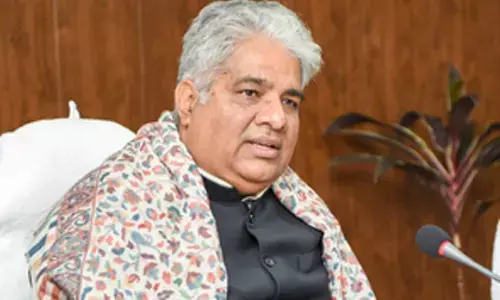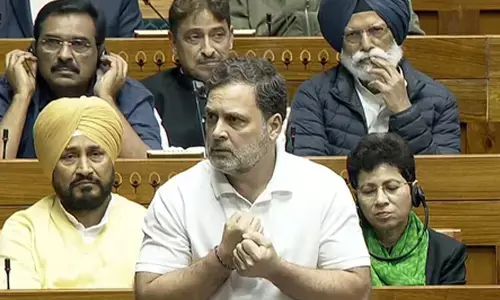Paris Agreement's goals no longer achievable, net zero still in sight
Share :

Despite progress being made, greenhouse gas (GHG) emissions are continuing to increase, reaching a new record high of 37.4 billion tonnes (Gt) in 2023, confirming that the path to reach UN-mandated Paris Agreement’s objectives is not on track, according to a report on Friday.
New Delhi : Despite progress being made, greenhouse gas (GHG) emissions are continuing to increase, reaching a new record high of 37.4 billion tonnes (Gt) in 2023, confirming that the path to reach UN-mandated Paris Agreement’s objectives is not on track, according to a report on Friday.
Capgemini’s annual World Energy Markets Observatory (WEMO) report, however, shared that the world can be closer to net zero by 2050.
It also provides insights on what the key focus areas would need to be, moving forward, to address the complex energy transition challenges. This includes a change in the measurement of clean energy progress, as well as accelerated investment in the power grid and clean technologies.
“Despite a historical spike in renewable penetration, the pace of development isn’t fast enough to close the gap,” said James Forrest, Global Energy Transition and Utilities Industry Leader at Capgemini.
"There is still much to do in the next decade to get closer to net zero by 2050 and achieve a successful energy transition: whether it be in the field of low carbon technologies, research and development efforts, nuclear or grid flexibility and storage," he added.
The report called to hasten the deployment of renewable energy globally, and to accelerate in developing countries, to deliver the 2030 and 2050 decarbonisation goals.
The total amount of final energy provided by renewable energy is likely to be limited to about 40 per cent of global needs. The growth seen is far below what is needed to achieve net zero carbon in 2050.
The report urged to accelerate development of storable renewable energy, such as biomass or geothermal energy.
Further, it also called for tripling global nuclear capacity to ensure stable, and low-carbon power.
While hydrogen is now a strategic lever in the decarbonisation path, increasing costs of low-carbon hydrogen production, competition between uses, and regulations have affected the industry, the report said.
The report also mentioned the potential of Artificial Intelligence (AI) in significantly accelerating decarbonisation. However, it noted that a lack of skills and a focus on short-term proof of concepts is hampering adoption to date.








